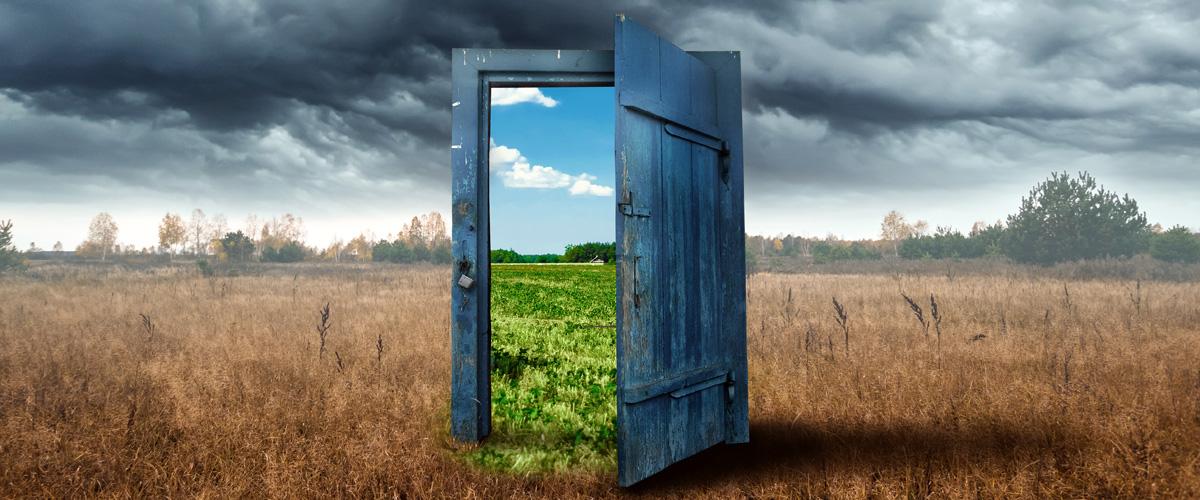We took a hit and everyone felt it. From international and country-based governments to businesses of all types and a cross-section of people, an invading force pulled the proverbial rug from under us. And as soon as it became more than ‘a faraway problem’, a rumour or my personal favourite, ‘just another flu’, panic, stress and uncertainty set in—and stayed.
However, as a popular saying, ‘every cloud has a silver lining’, teaches: there must be something good to come from all this. After all, it was during another pandemic, ‘The Black Death’, that we learned about the effectiveness of quarantining.
Here are three things we came to terms with after much hem and haw that we should know better than to drop the ball on going forward.
Digital is not the devil after all
This is a twofer. Although most people are/were in lockdown, many borders are closed and certain office spaces are nearly empty, survivor’s logic kicked in and Mother Nature has benefited some. We have had to embrace increased/sole digital communications operations with flights no longer possible in most cases, and government rules around social distancing in place. Virtual meeting rooms are busier than ever and that dependence on paper subsided (a collective sigh from trees and printers). The truth is, while online interaction can feel cold and we are stationary, it can be just as effective with few exceptions. Through this, we have also seen how a work-from-home policy, where possible, is not only possible but also efficient if properly managed, is cost-saving for the business and personnel, and returns some of the autonomy some workspaces lack. And as for the ‘link it or print it’ dilemma, we made some headway before, but the real-life push to do without it even more should discourage our collective addiction to making paper waste.
More super-reflexive actions
The virus is not the only thing novel that is happening. Ideas on how to navigate and respond are new. For example, here in the Netherlands, we saw restaurants introduce a drive-through feature, doctor appointments via phone calls, book deliveries from libraries and sitting discos. Through this ingenuity, we are able to build on the findings and failures of our attempts to circumvent the grip of the virus. And we’ve been doing this much faster than usual by applying just what the doctor ordered—a super-reflexive approach. Several things did not work quite so well, so we tried again and the result justifies it. Paired with checks and balances, the turnaround time witnessed in the 'COVID-19 era' stands to benefit us at all levels of society.
Shaking hands is so 2019
One history of the handshake goes back to Medieval Europe where people grabbed and shook arms as a symbol of peace. A strong, vigorous arm shake was useful in displacing hidden weapons of people who were rivals or unfamiliar with each other. Since then, it evolved into actual hands, and we do it today as a social greeting custom, much like x number of kisses on the cheek or hugs or bowing. However, this period forces us to keep our distance and stop touching. We are not always in a position to wash or use sanitisers after shaking (and this might even be offensive), and since we touch our face approximately 23 times per hour, it is a very effective vector for spreading germs and viruses. It makes sense to normalise a no-handshake culture, but I can admit that is easier said than done. So, let us start small by pairing handshaking with sanitising. Then we can begin exploring sustainable ways to balance human connectivity and public health concerns.
Bonus
Keep saying thank you to healthcare and service-related workers. They help us get through the worst of this pandemic.


Yohan Lee
English Copy Editor and Copy Writer, Medline Europe
Yohan is a Jamaican expat based in the Netherlands. Writing is ‘One Love’ that he explores through general business copywriting, and poetry. His educational background is in journalism, gender and development, and media and globalisation. Learn more on LinkedIn.




